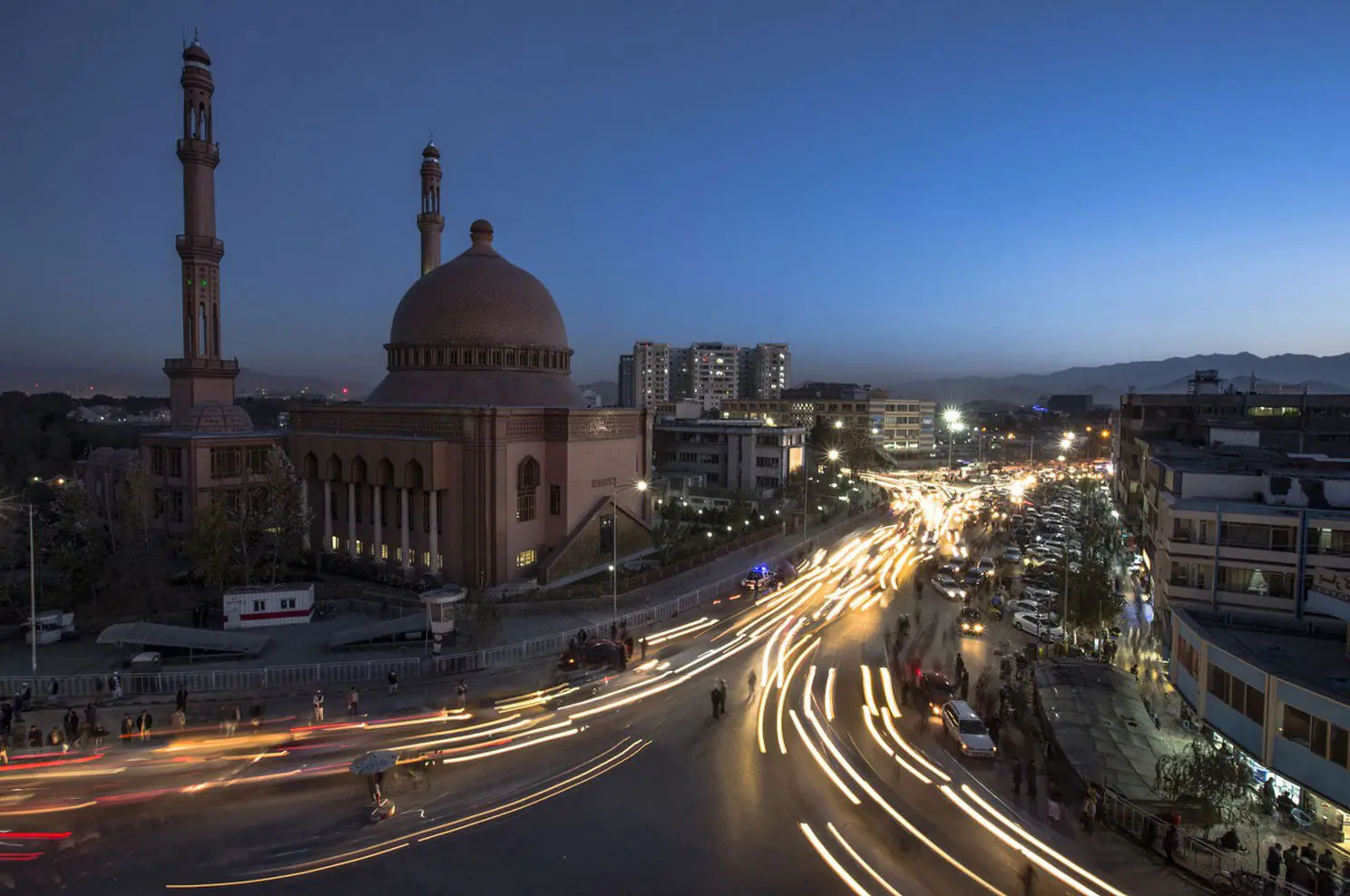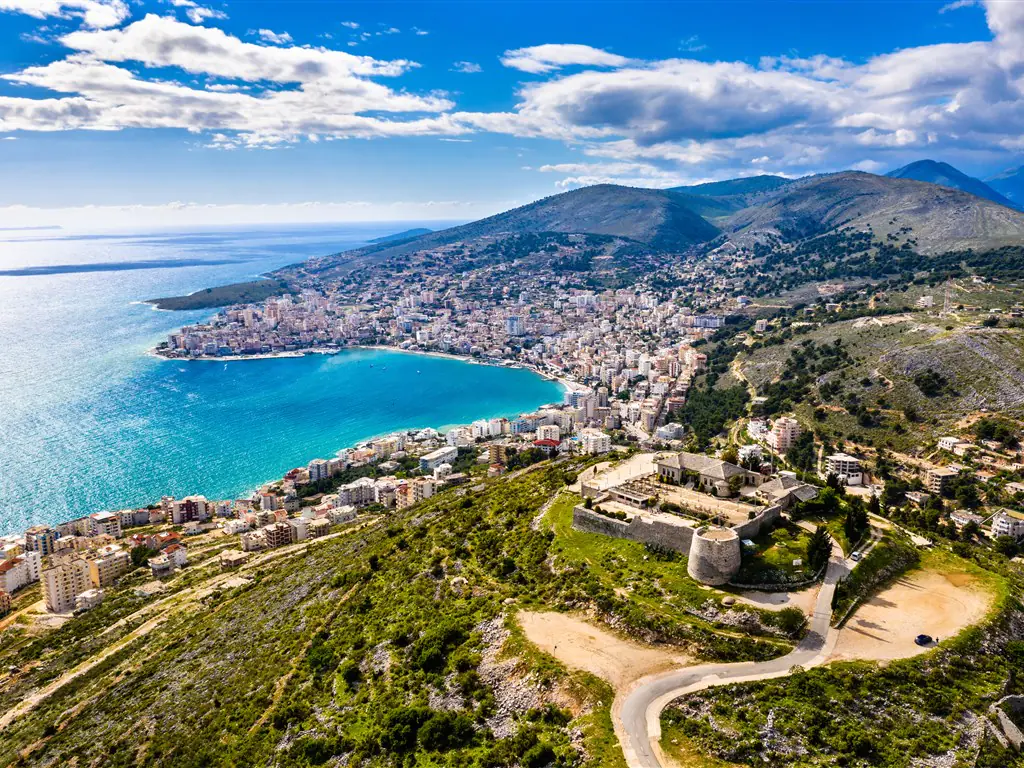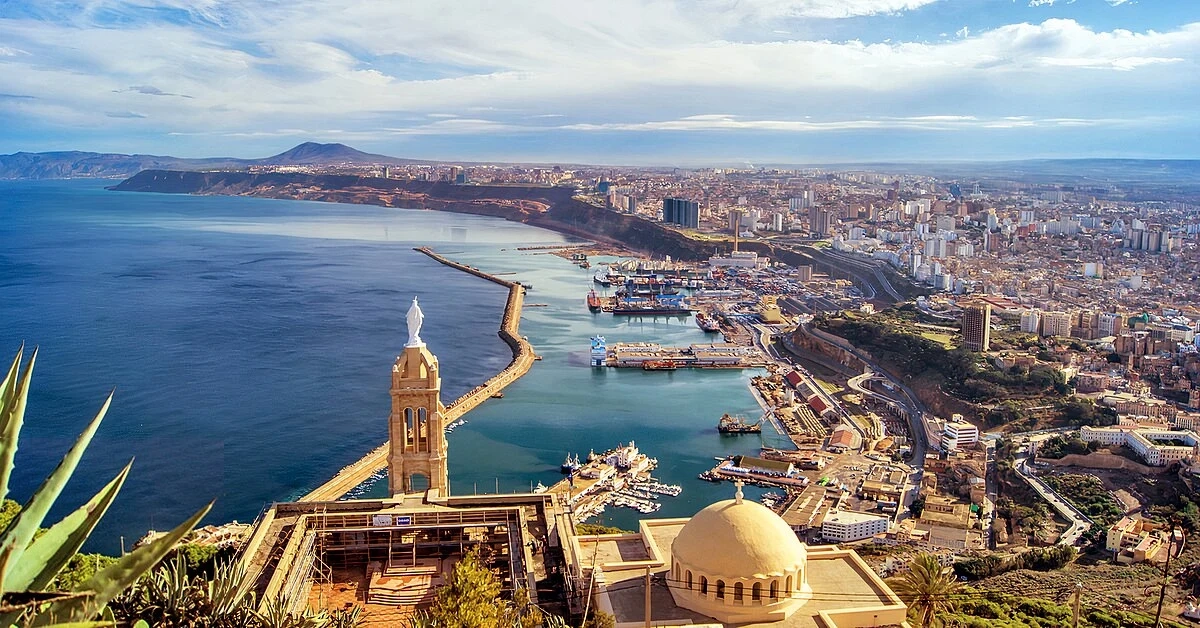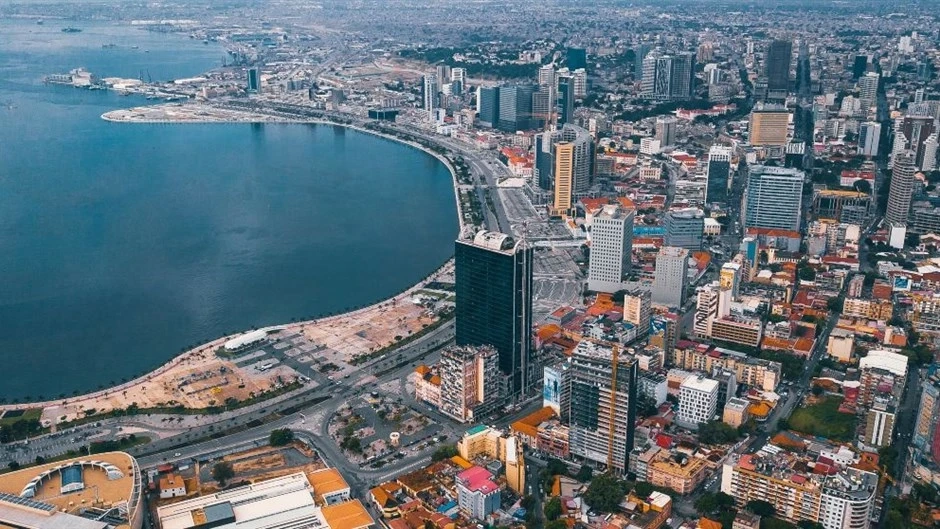1. Agriculture: Agriculture is an important sector of Benin's economy and many people work as farmers, growing crops such as corn, cassava, yams and cotton.
Salaries range from 100 to 300 euros per month.
2. Trade and commerce: Many Beninese are employed in trade and commerce, managing small businesses, markets or working in the retail sector.
Salaries range from 100 to 400 euros per month, depending on the type of business and location.
3. Teaching: Education is an important profession in Benin. Teachers in public schools can earn an average of 200 to 500 euros per month, while those who work in private schools or have more experience can earn more.
4. Healthcare: Healthcare professionals, including doctors and nurses, play a vital role in the country.
Salaries range from 300 to 1,000 euros per month, depending on the position and experience.
5. Transportation: Given the importance of transportation in Benin, driving-related professions such as taxi drivers and motorcycle taxi operators (zemidjans) are widespread.
Salaries range from 100 to 300 euros per month.
- Standard working hours: The standard working week in Benin is usually 40 hours spread over five days.
- Minimum age for employment: The minimum age for employment in Benin is generally 16 years old, with some exceptions for light work from the age of 14.
- Paid vacation: Employees are entitled to an annual paid vacation, which typically ranges from 18 to 24 working days, depending on length of service.
- Trade Unions: Employees in Benin have the right to form and join trade unions. These unions play an important role in protecting workers' rights and negotiating with employers.
- Occupational health and safety: Employers are responsible for providing a safe and healthy working environment. Labor laws contain provisions on occupational health and safety standards.
- Minimum salary in Benin - 61 euros per month
- Average salary in Benin - 400 euros
1. The government of Benin has introduced policies and initiatives to support entrepreneurship and small and medium-sized enterprises (SMEs). These measures are aimed at reducing barriers to entry, providing access to finance, and promoting innovation.
2. Access to finance remains a challenge for many entrepreneurs in Benin. However, there are microfinance institutions, angel investors, and venture capital firms that support promising startups.
3. Benin's rich cultural heritage has fostered the emergence of creative entrepreneurs in the arts and crafts sector. These entrepreneurs produce traditional crafts, music, and other cultural products for both local and international markets.
4. Popular business sectors:
- Agriculture: Agriculture is the fundamental sector with a focus on crops such as corn, cassava, and cotton.
- Trade and commerce: Trade and commerce play a key role in an economy with a thriving market culture.
- Manufacturing: The manufacturing industry encompasses the food, textile, and light manufacturing industries.
- Construction and real estate: Construction and real estate are growing, driven by urban development.
- Information technology (IT): IT is expanding with a focus on digital services and communications.
1. Cotonou: As the economic capital of Benin, Cotonou is a thriving center of trade, commerce and business activity. The city has a well-developed infrastructure, including the large port of Cotonou, and offers a wide range of business opportunities.
2. Porto Novo: As the political capital of Benin, Porto Novo hosts government offices and diplomatic missions. It is an important administrative center that offers opportunities related to government contracts and services.
3. Calavi: Located near Cotonou, Calavi is experiencing urban growth and development, making it attractive to businesses. It benefits from its proximity to Cotonou's economic activity.
4. Parakou: Parakou is a large city in northern Benin that serves as a regional business center. The city's population is growing steadily and it is strategically located for businesses involved in trade and transportation.
5. Boikon: Boikon is known for its role as a transportation and trade hub, especially for goods moving between Cotonou and the northern regions. It offers opportunities for logistics and trading businesses.















